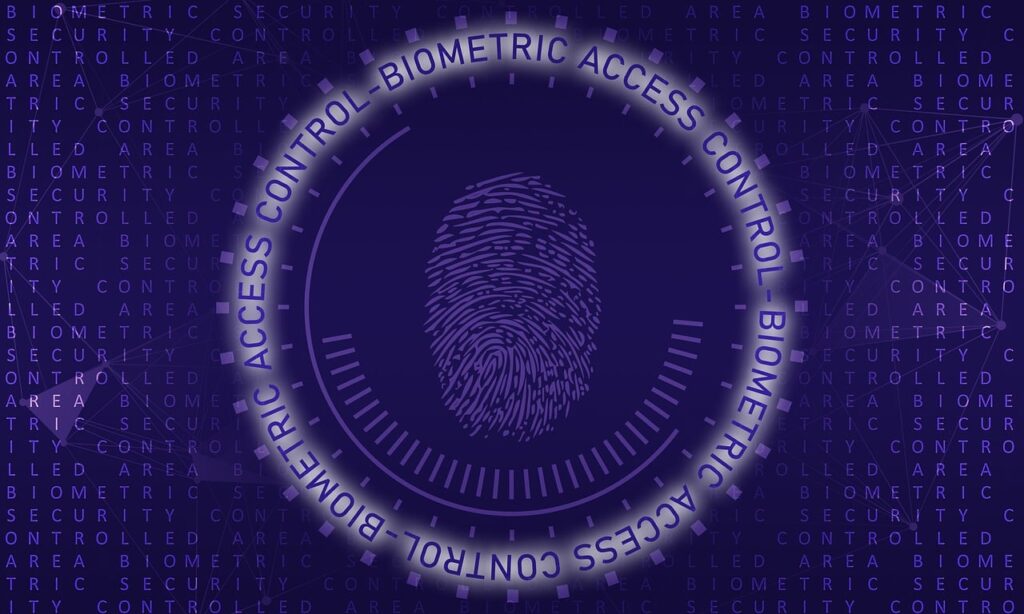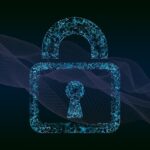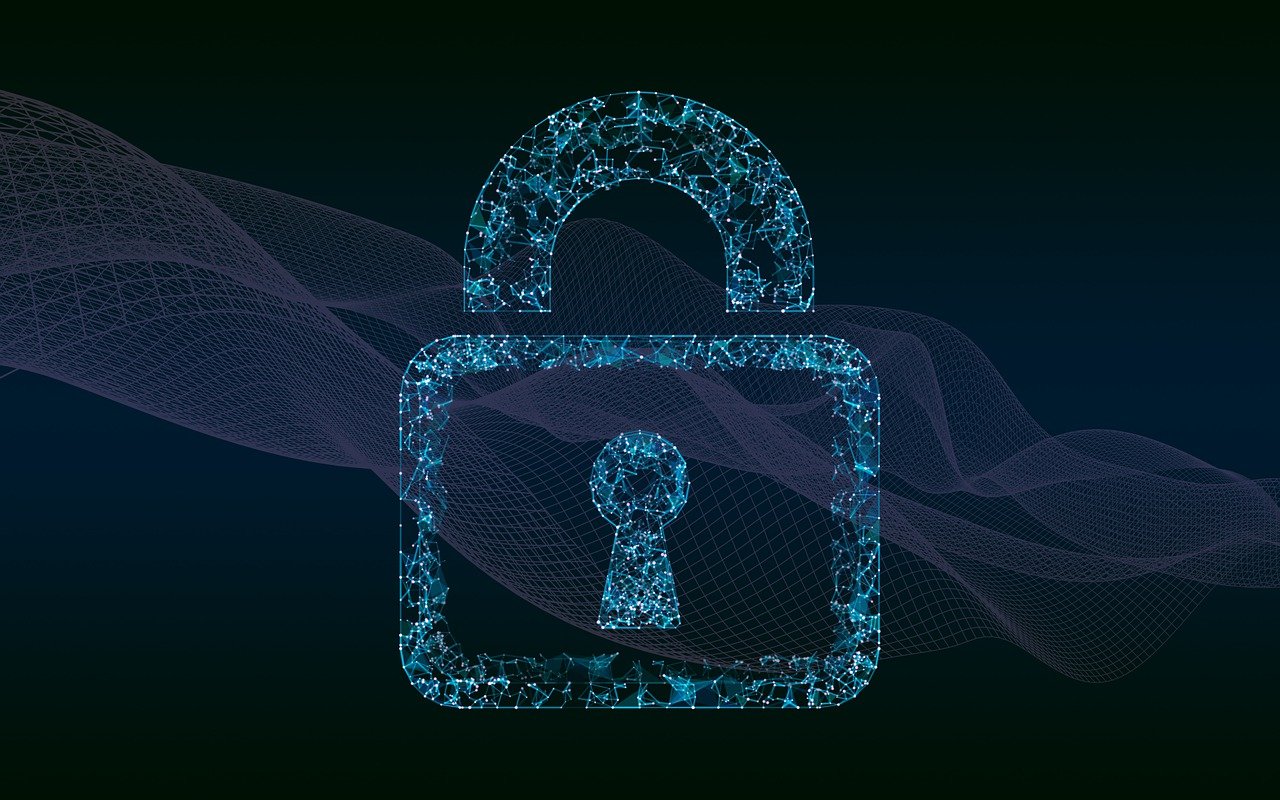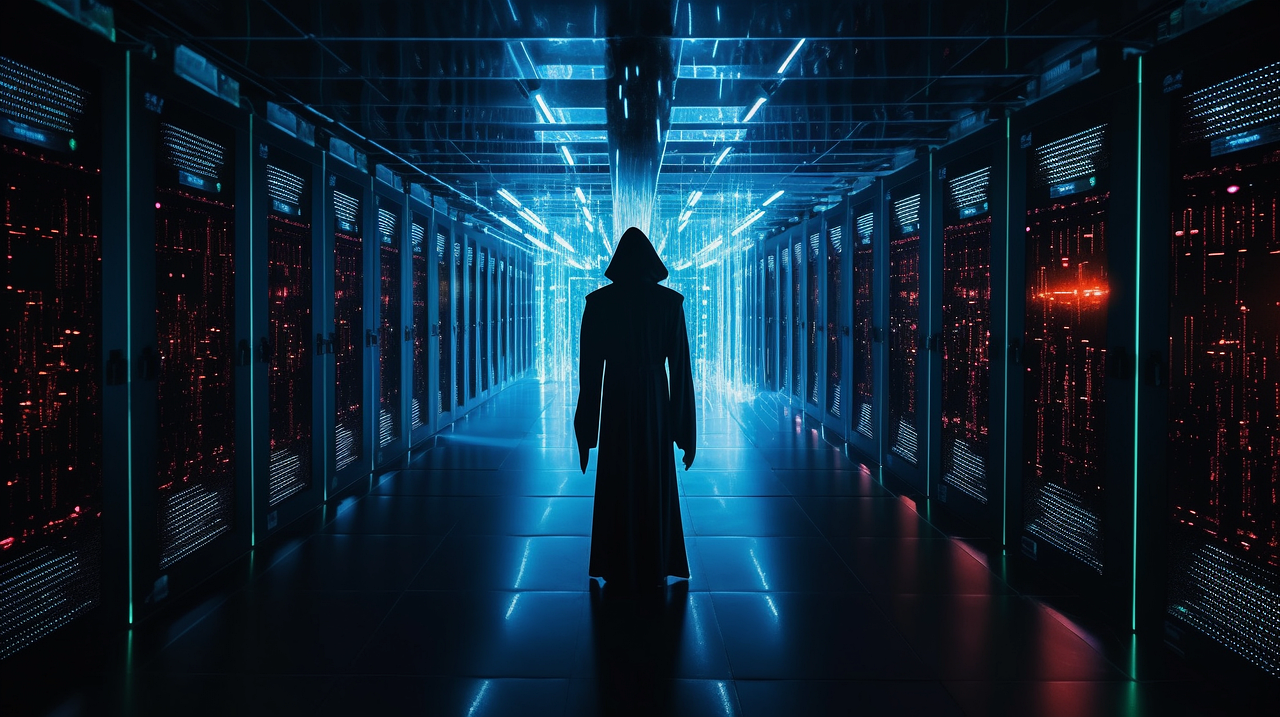Introduction
The digital revolution has changed how we live, work, and connect. But with convenience comes risk. Every second, cybercriminals attempt new ways to steal data, disrupt systems, and exploit weak points in digital security. In this landscape, knowing the Cybersecurity Essentials for the Digital Age is not just a skill—it’s survival.
This article breaks down everything you need to know: the latest threats, simple protection steps, advanced tools, and industry best practices. Whether you’re a student, professional, or business owner, this guide will help you stay safe in an increasingly connected world.
👉 Related reading: Best Cybersecurity Certification Programs (internal link suggestion)
Why Cybersecurity Matters in the Digital Age
The Rising Threat Landscape
Cyber threats are growing at an alarming rate. From phishing emails to massive data breaches, no one is immune.
- Every 39 seconds, a cyberattack occurs.
- Global cybercrime damages are projected to reach $10.5 trillion annually by 2025.
- 95% of breaches happen due to human error (weak passwords, clicking malicious links, etc.).
Table: Cybersecurity Statistics You Should Know
| Cybersecurity Stat (2025) | Data |
|---|---|
| Average global data breach cost | $4.45 million |
| Ransomware attacks increase | 85% rise since 2020 |
| Percentage of breaches caused by phishing | 36% |
| Cybersecurity job demand | 3.5M positions unfilled globally |
| Internet users exposed to data leaks yearly | 1 in 3 users |
(Source: IBM, Cybersecurity Ventures, Verizon DBIR)
👉 See also: Top IT Degrees in USA 2025 (internal link suggestion)
Core Cybersecurity Essentials for the Digital Age
1. Strong Passwords & Authentication
Weak passwords are a hacker’s dream. Strengthen yours by:
- Using at least 12+ characters
- Combining numbers, symbols, and cases
- Avoiding personal information
- Enabling multi-factor authentication (MFA)
2. Safe Internet Practices
- Never click suspicious links or pop-ups.
- Only download apps from trusted sources.
- Check website URLs for HTTPS security.
3. Regular Software Updates
Outdated software is a hacker’s entry point. Always:
- Update operating systems and apps.
- Patch security vulnerabilities quickly.
4. Data Encryption & Backup
- Use encryption tools for sensitive files.
- Regularly back up data to cloud or offline storage.
5. Secure Wi-Fi & Networks
- Use strong Wi-Fi passwords.
- Enable WPA3 encryption.
- Avoid public Wi-Fi without a VPN.
Cybersecurity for Businesses
Businesses are prime targets due to valuable data.
Key Business Essentials
- Employee training on cyber hygiene
- Firewalls and intrusion detection systems
- Regular vulnerability assessments
- Strong disaster recovery plans
👉 Related reading: Best Online MBA in USA 2025 (internal link suggestion for business readers)

Emerging Cybersecurity Trends
Artificial Intelligence in Cybersecurity
AI tools detect threats faster and predict potential breaches.
Cloud Security Essentials
As businesses move to the cloud, securing stored data is critical.
Zero Trust Framework
“Never trust, always verify” is the new gold standard for network security.
Mobile Device Security
With remote work, smartphones are frequent targets for cybercrime.
Table: Comparing Cybersecurity Tools
| Tool Type | Example Tools | Primary Use |
|---|---|---|
| Antivirus | Norton, Bitdefender | Detect & remove malware |
| VPN | NordVPN, ExpressVPN | Secure browsing & data encryption |
| Password Manager | LastPass, 1Password | Strong password storage |
| Firewall | pfSense, Cisco ASA | Network protection |
| MFA Tools | Google Authenticator, Duo | Extra login security |
Cybersecurity Checklist (Quick Reference)
- Use strong, unique passwords.
- Enable two-factor authentication.
- Update software regularly.
- Backup important data weekly.
- Avoid unsecured public Wi-Fi.
- Use a VPN for sensitive browsing.
- Train employees on phishing awareness.
FAQs: Cybersecurity Essentials for the Digital Age
1. What are cybersecurity essentials for individuals?
They include strong passwords, two-factor authentication, regular software updates, secure Wi-Fi, and awareness of phishing scams.
2. Why is cybersecurity important for businesses?
It protects customer data, ensures trust, prevents financial losses, and keeps operations running smoothly.
3. What is the most common cyber threat today?
Phishing remains the most common, tricking users into giving away sensitive information.
4. How can I protect my devices from hackers?
Use antivirus software, update regularly, avoid suspicious downloads, and enable firewalls.
5. Are free cybersecurity tools effective?
Some are good for basic protection, but paid tools offer stronger features and advanced security.
External Link Suggestions
- Cybersecurity & Infrastructure Security Agency (CISA)
- National Institute of Standards and Technology (NIST) Cybersecurity Framework
- IBM Cost of a Data Breach Report
Conclusion
In today’s connected society, Cybersecurity Essentials for the Digital Age are the foundation of safe digital living. By practicing strong password habits, staying alert online, keeping software updated, and using the right security tools, you can protect yourself and your business from ever-evolving threats.








